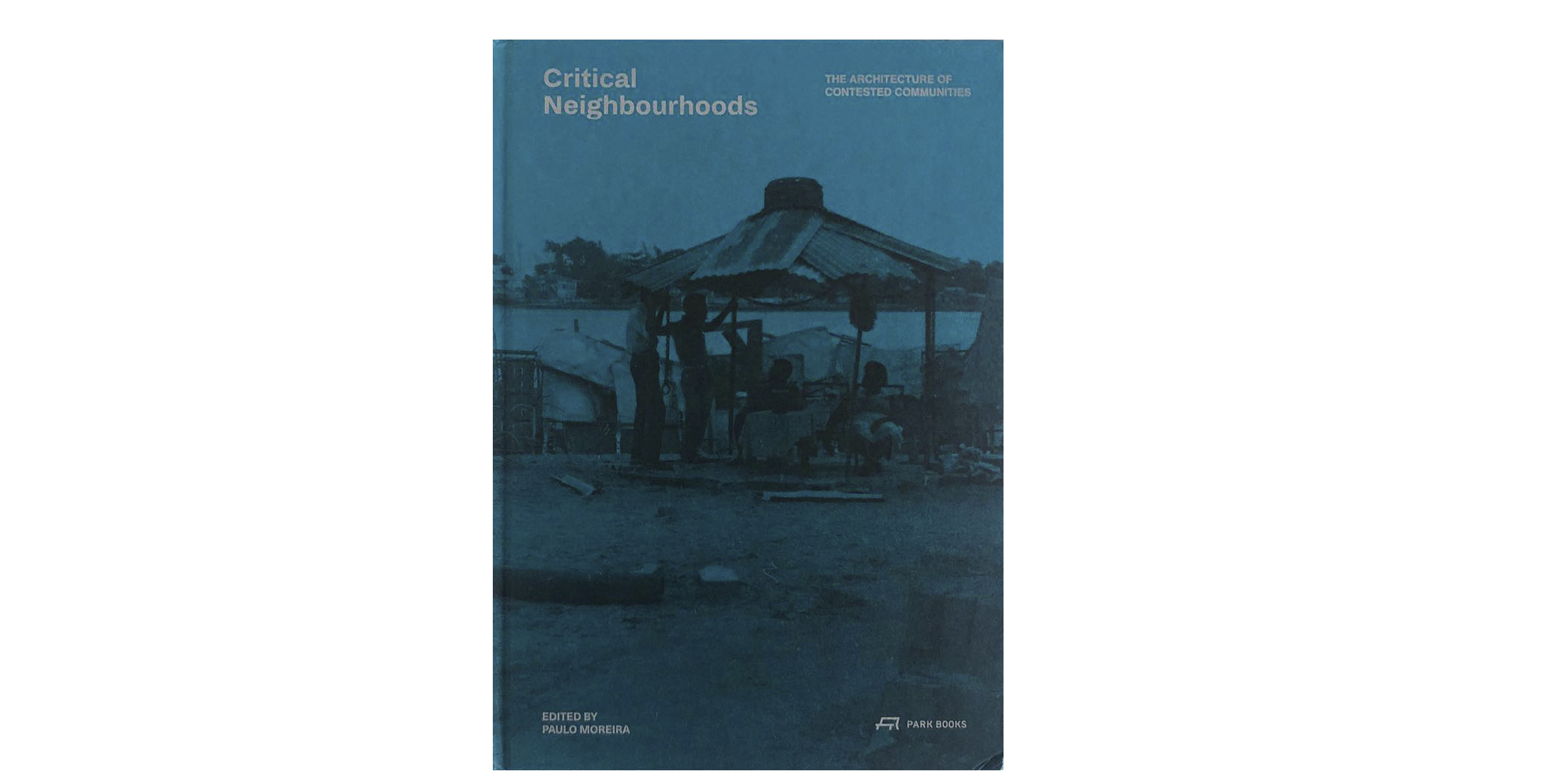-
Pure Space: Expanding the Public Sphere through Public Space Transformations in Latin American Spontaneous Settlements
Actar Publishers
2020
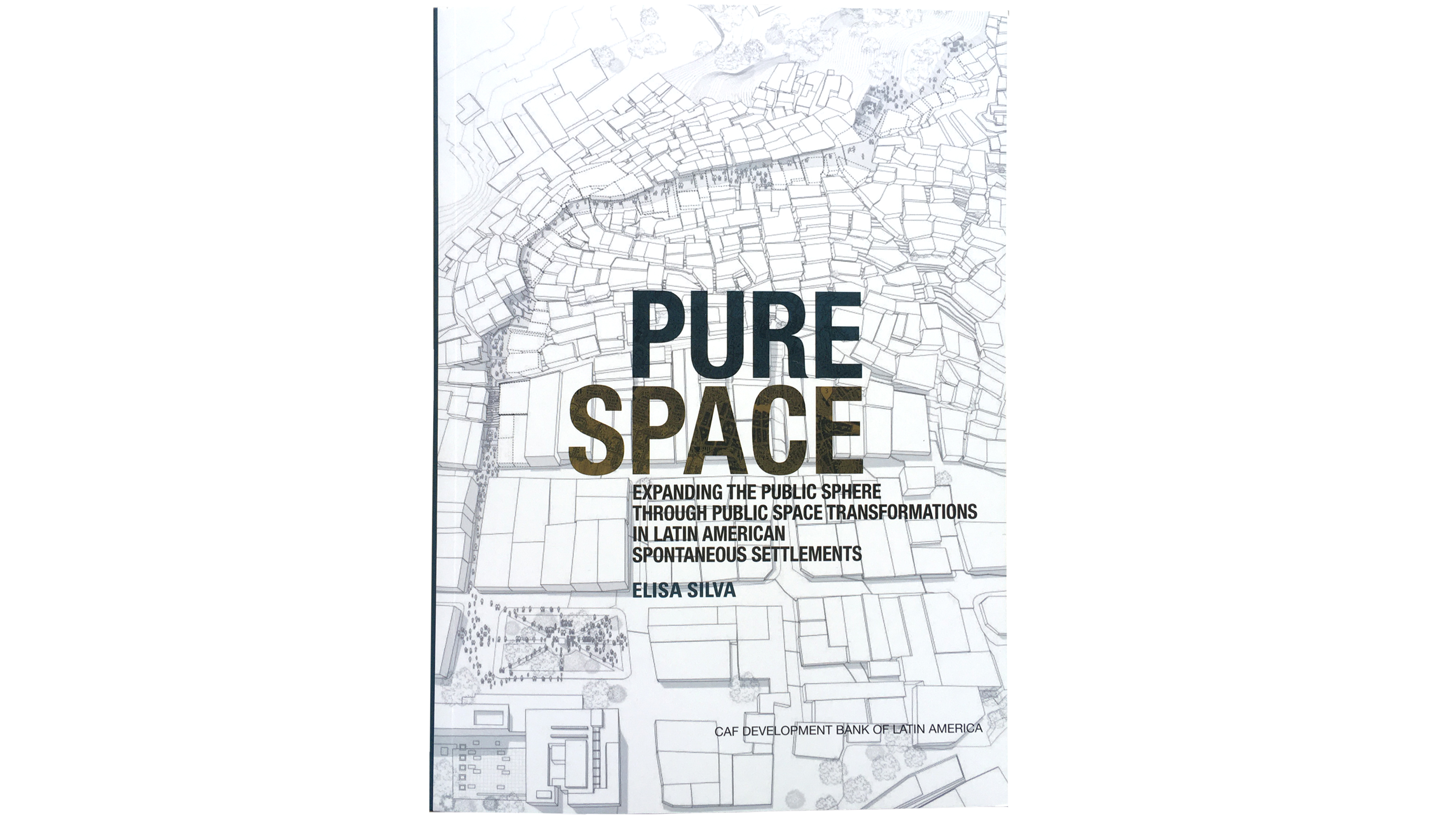
City making in the Global South has been notoriously characterized for its simultaneous, although differing modes of operation: a formally planned and legal one that meets the needs and buying power of the wealthier part of the population, and an unplanned, illegal one, caused by the unmet demand of the remaining part. As a result, self-built homes and spontaneous settlements have emerged, and represent a large portion of the built environment, albeit a very compromised and unequal one.
For several decades, cities in Latin America have made significant investments to reverse this trend. However, improvement efforts alone have not been enough to lift the negative stigma from these territories. Recognition of barrios, villas and favelas as parts of the city is a task still pending.
In a critical review of upgrading interventions, the presence of public space emerges as a key transformative element. The publication argues to expand the agency of architects and urban designers and creatively find ways of justifying, financing, and building public spaces in communities – spaces that have a catalytic effectiveness in achieving significant urban and social transformation.
This publication was made possible by the Graham Foundation and CAF, development bank of Latin America, as well as the Wheelwright Fellowship from Harvard University.
The book was edited and published by Actar Publishers.
Revista Italiana ioArch ejemplar No. 228 de noviembre 2020
urbanNext "How Much Public Space is Needed"
urbanNext "Juan Bobo Creek: Bringing Community Youth Together"
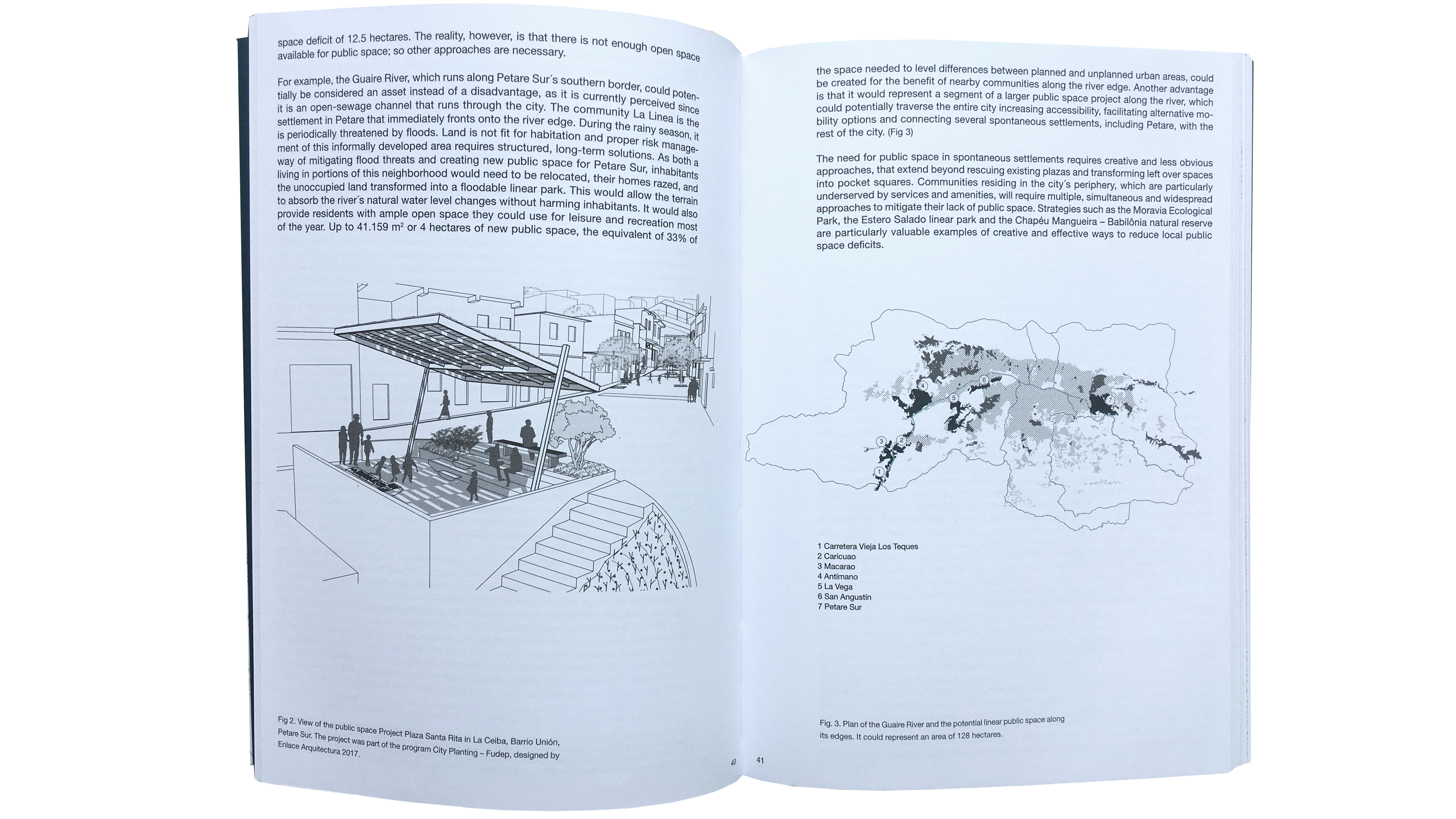
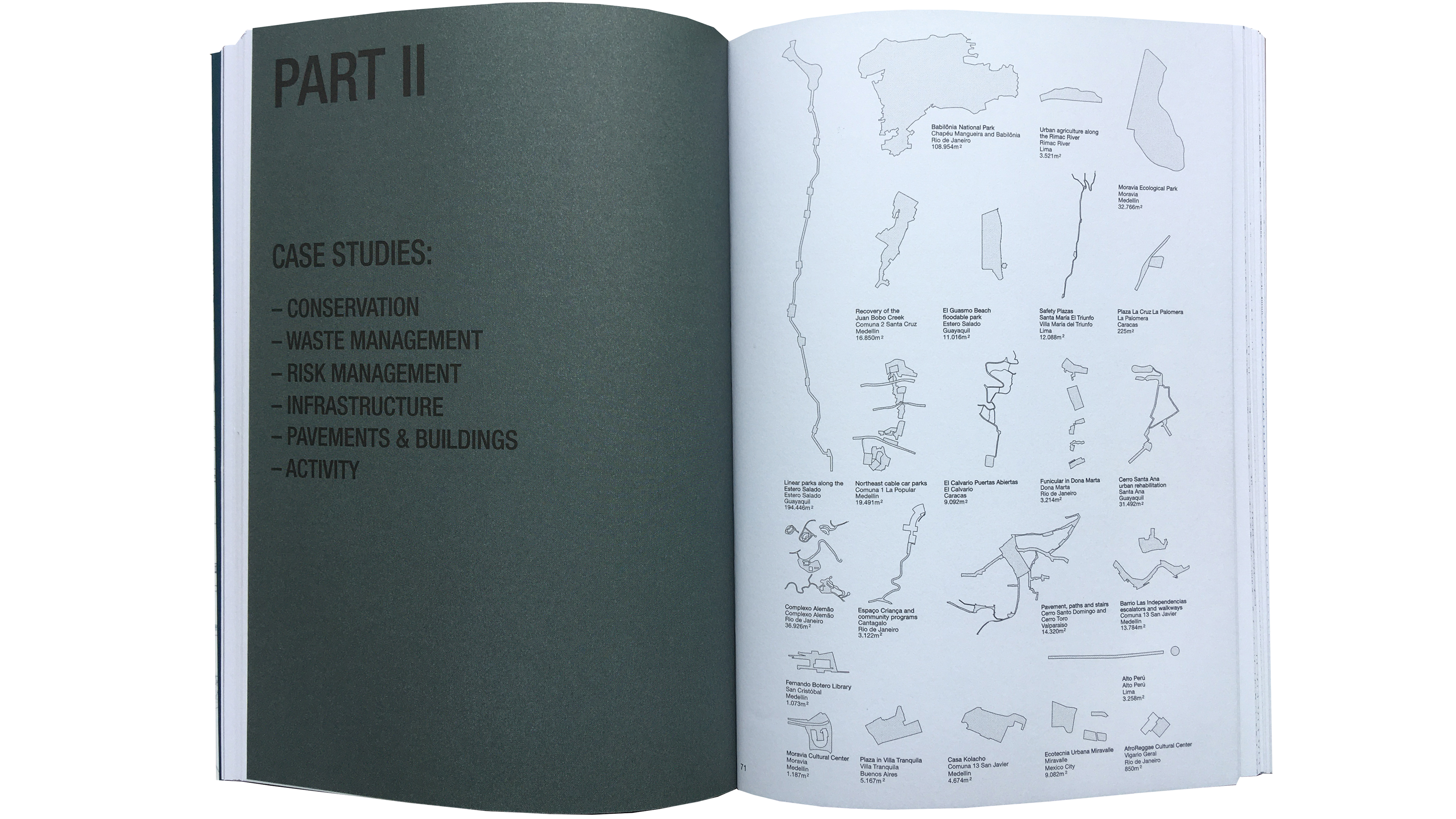
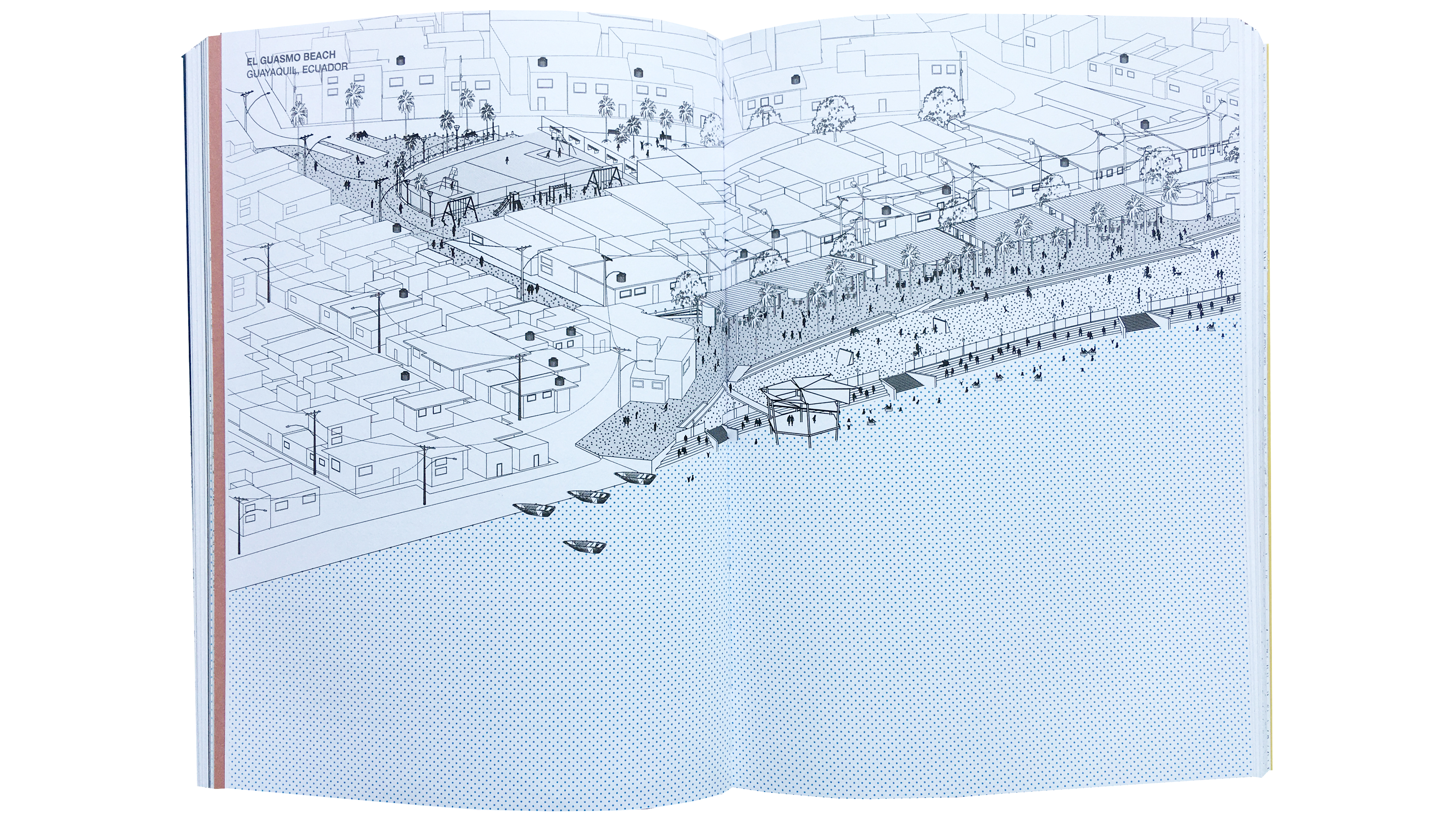
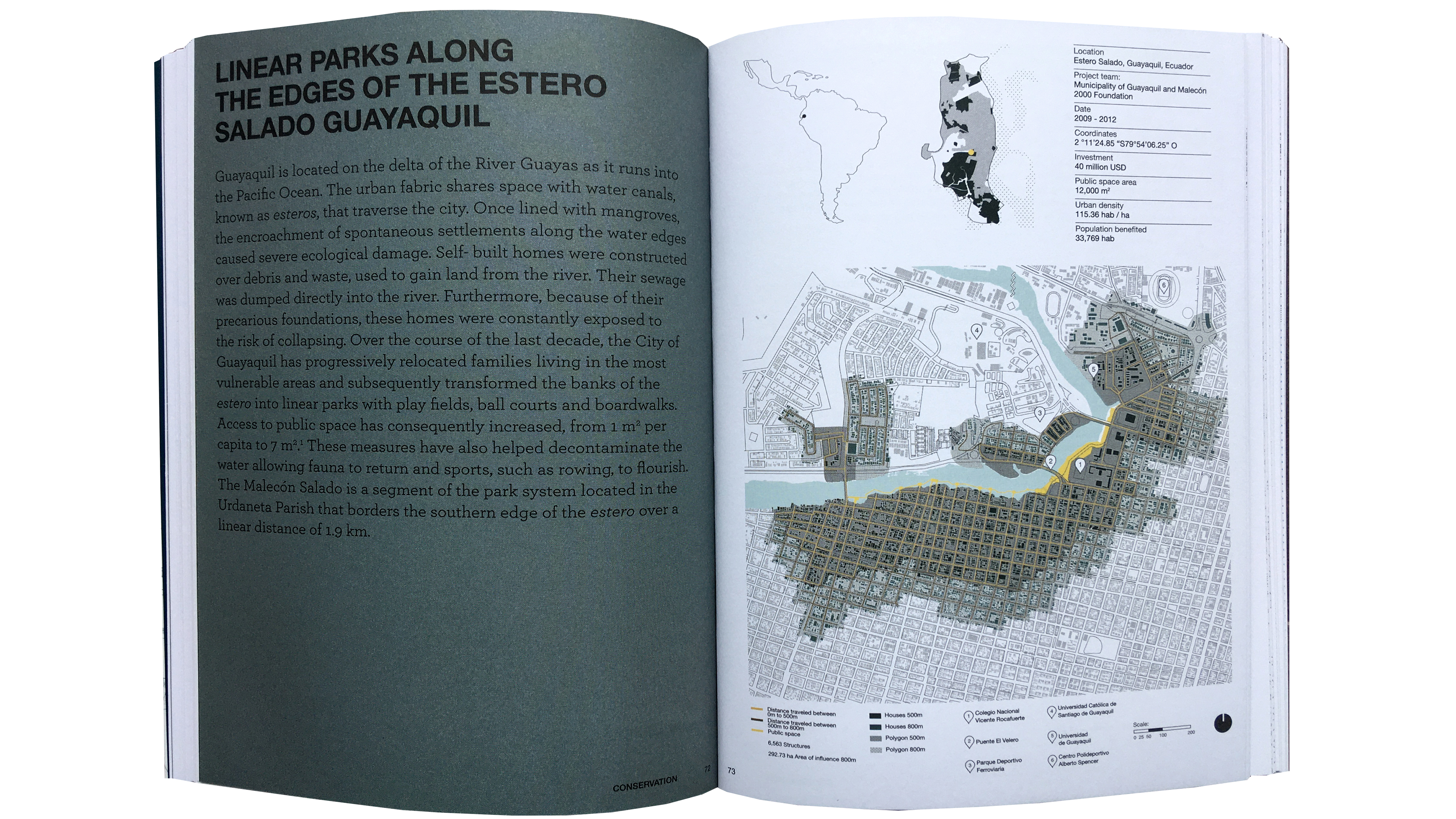
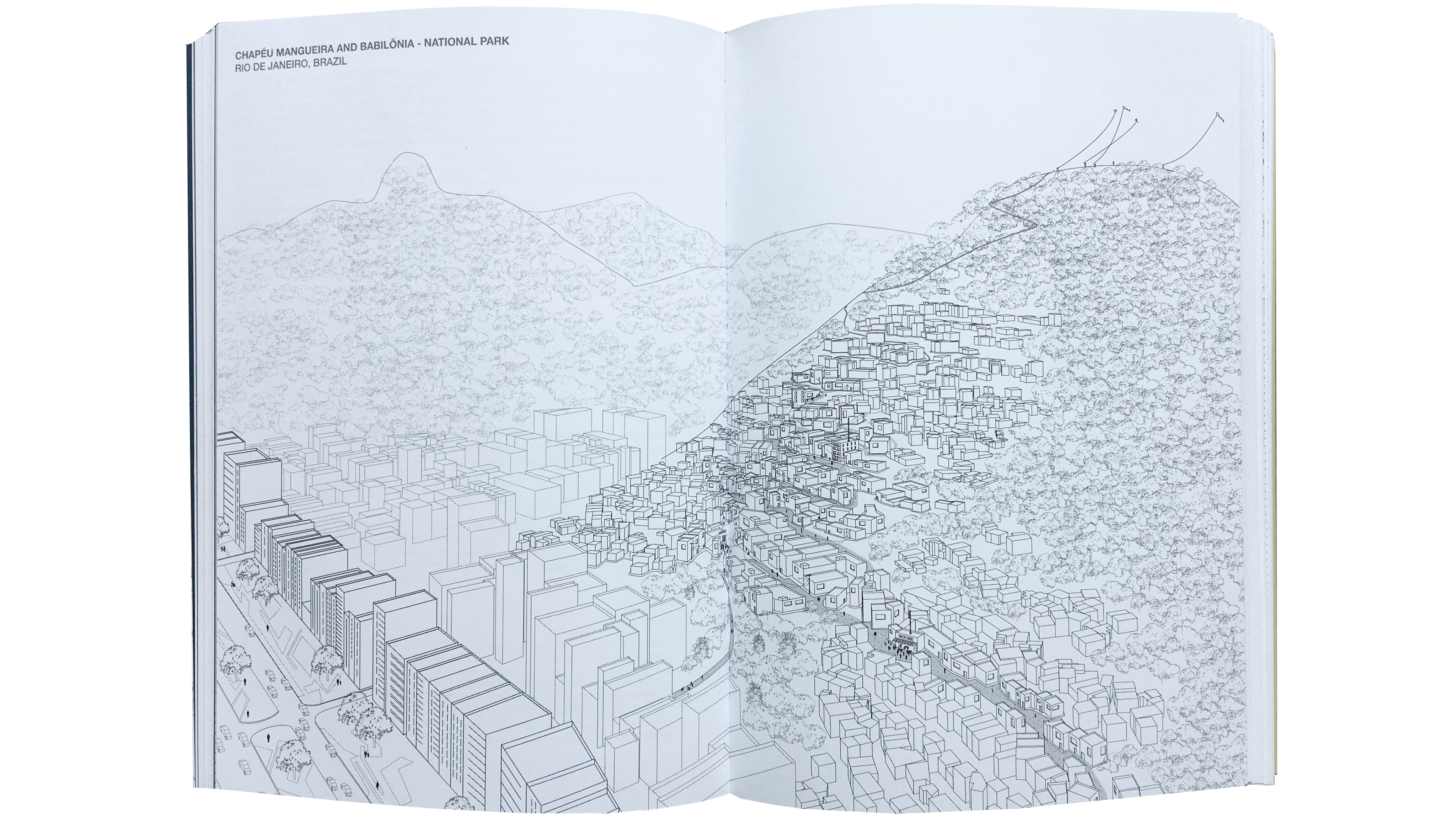
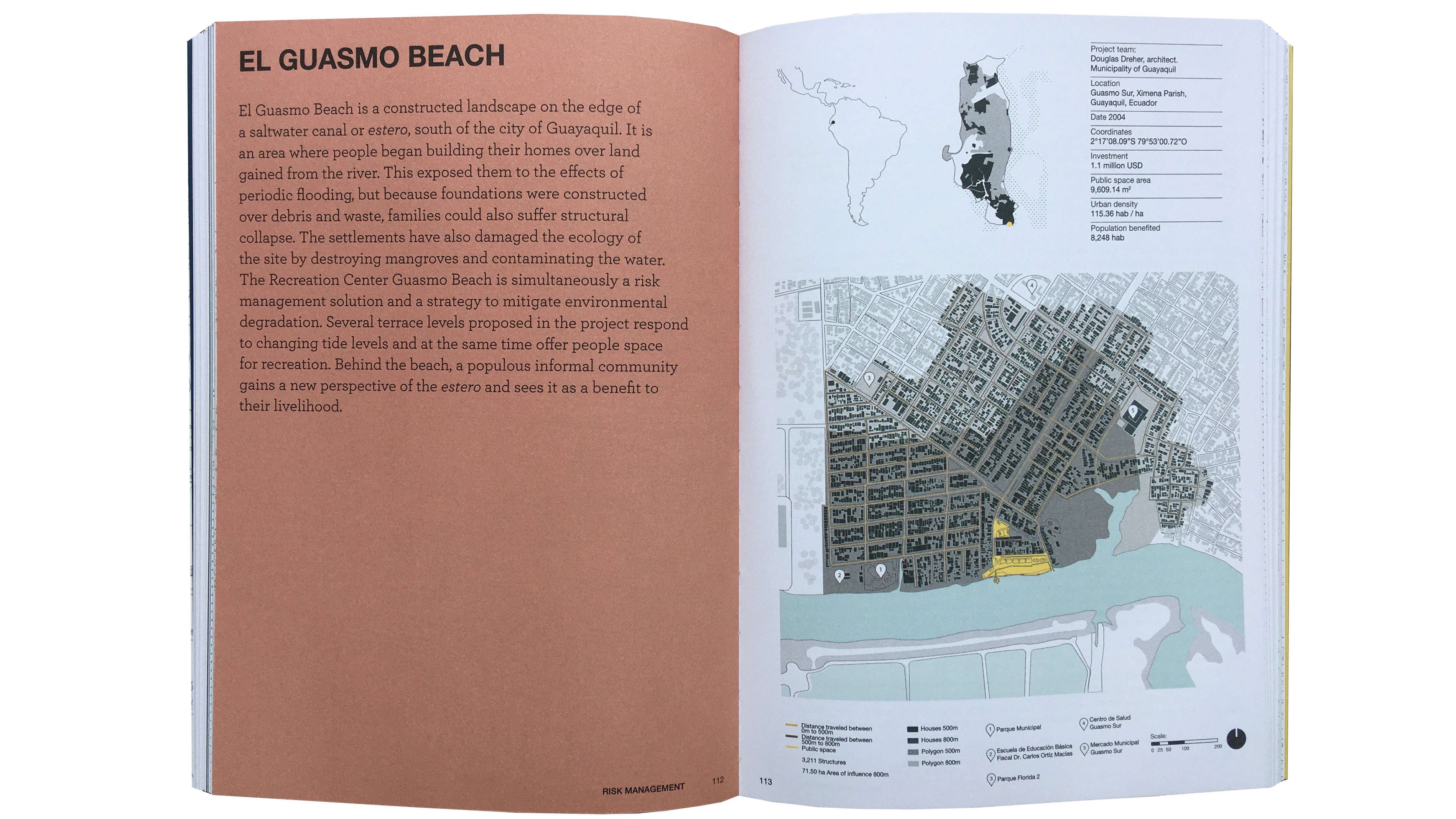
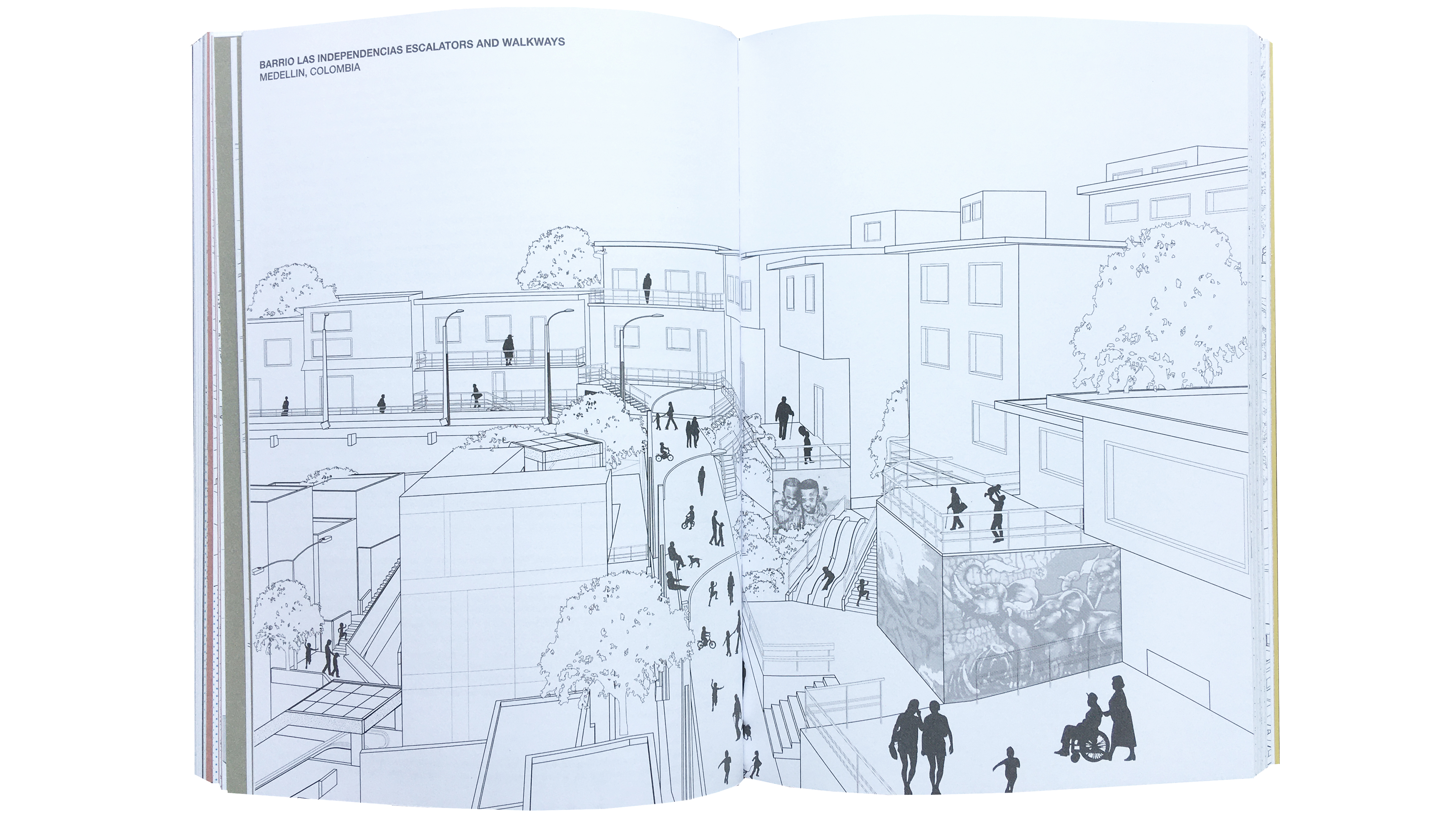
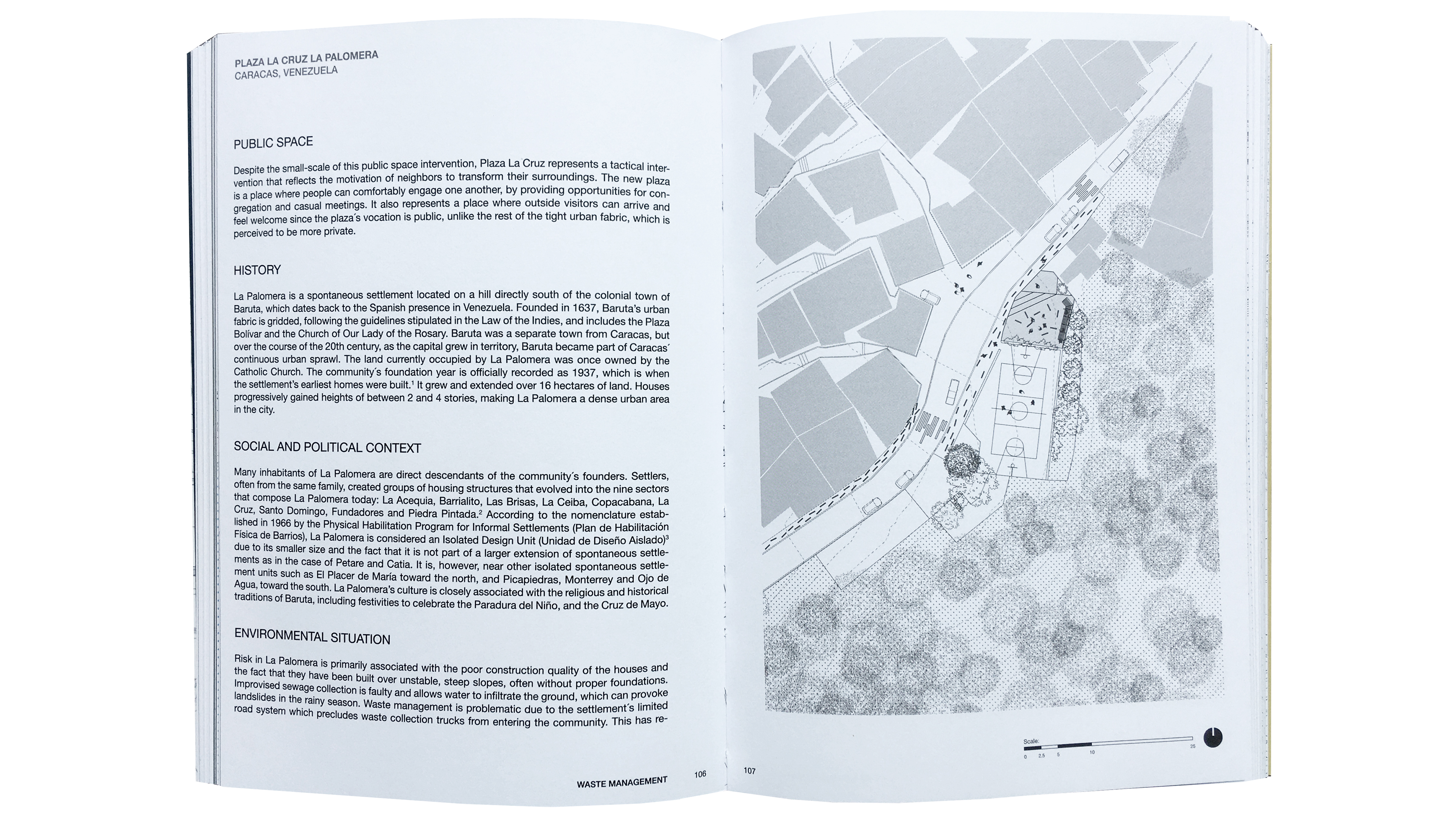
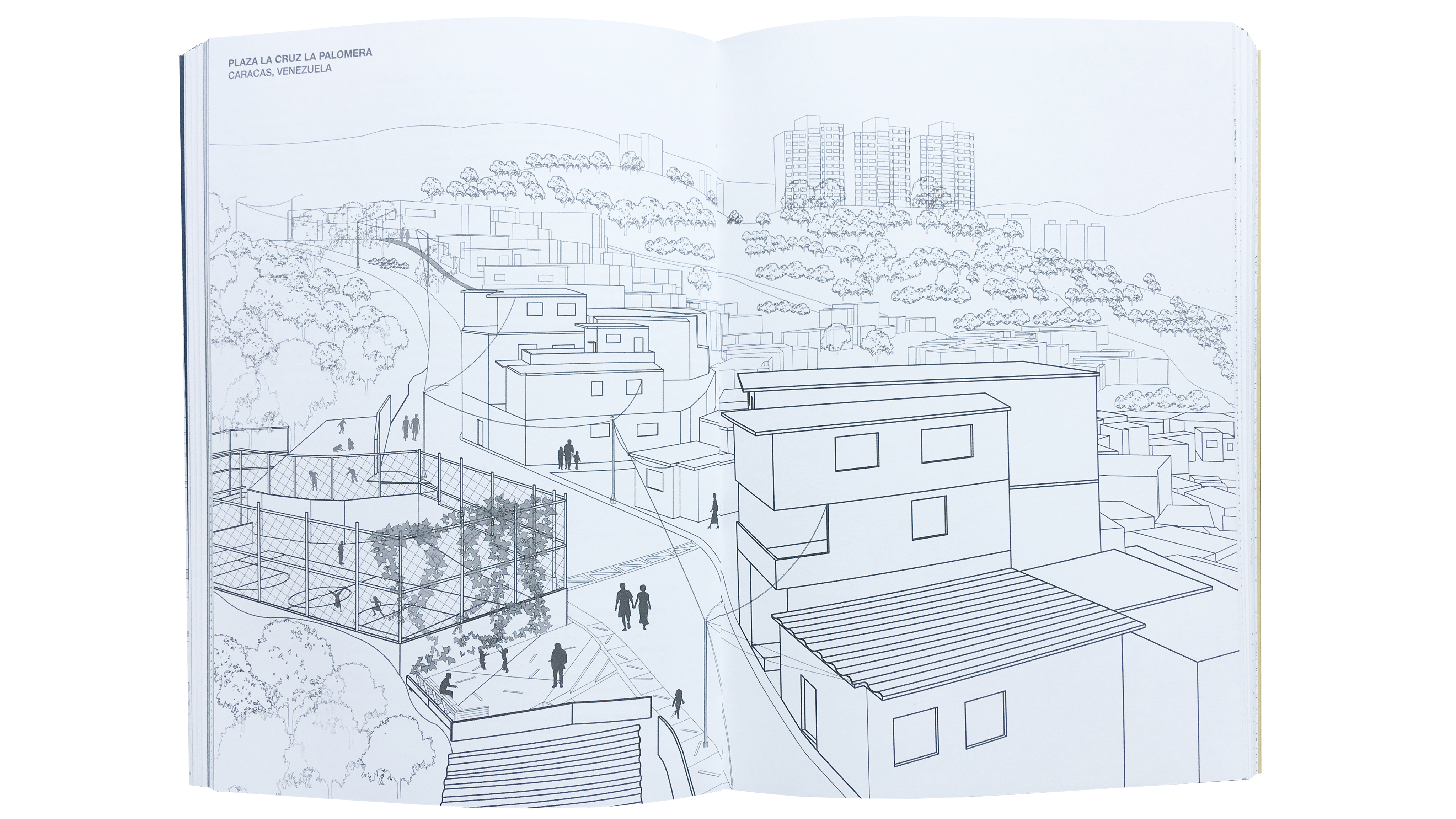
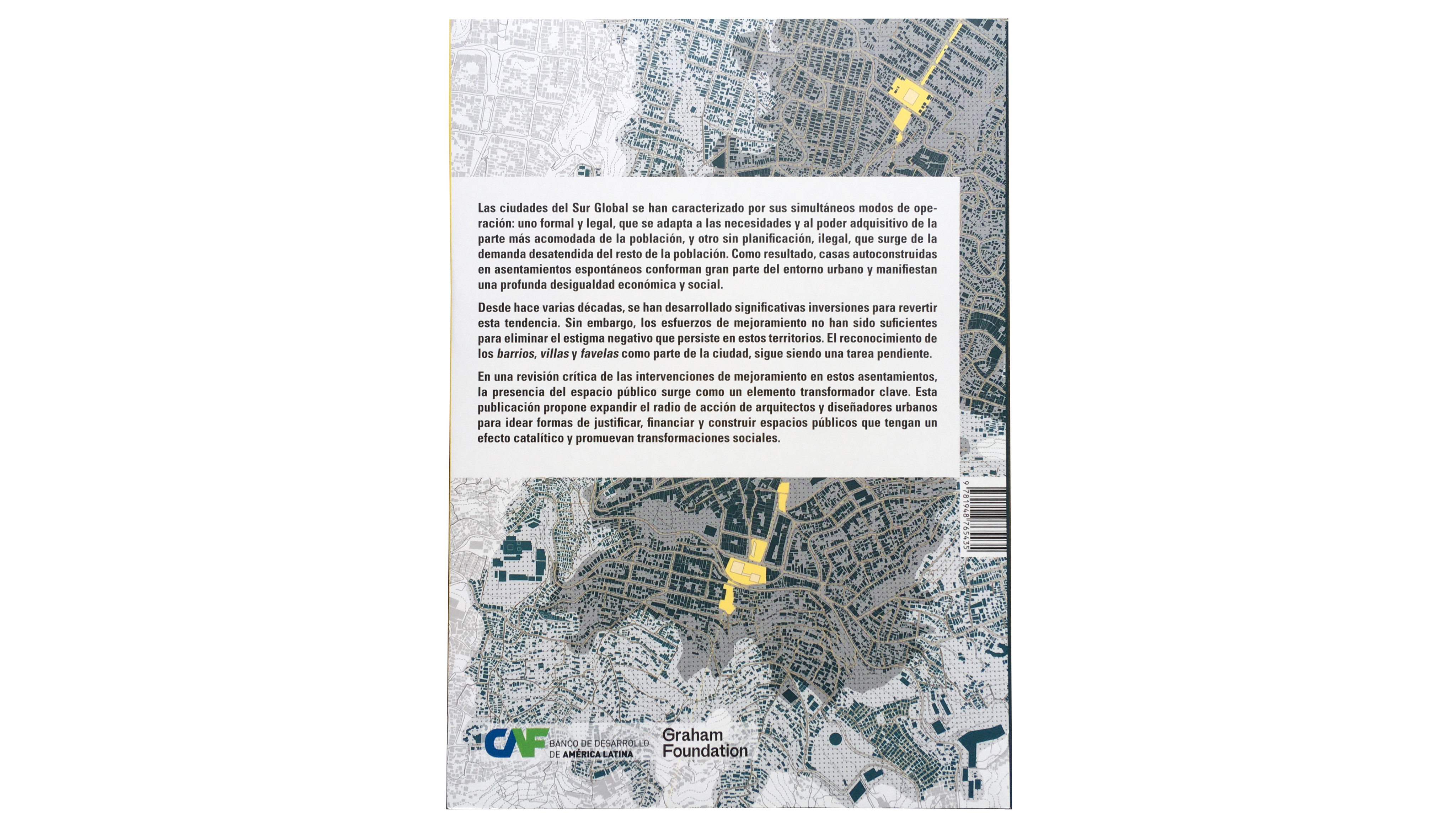
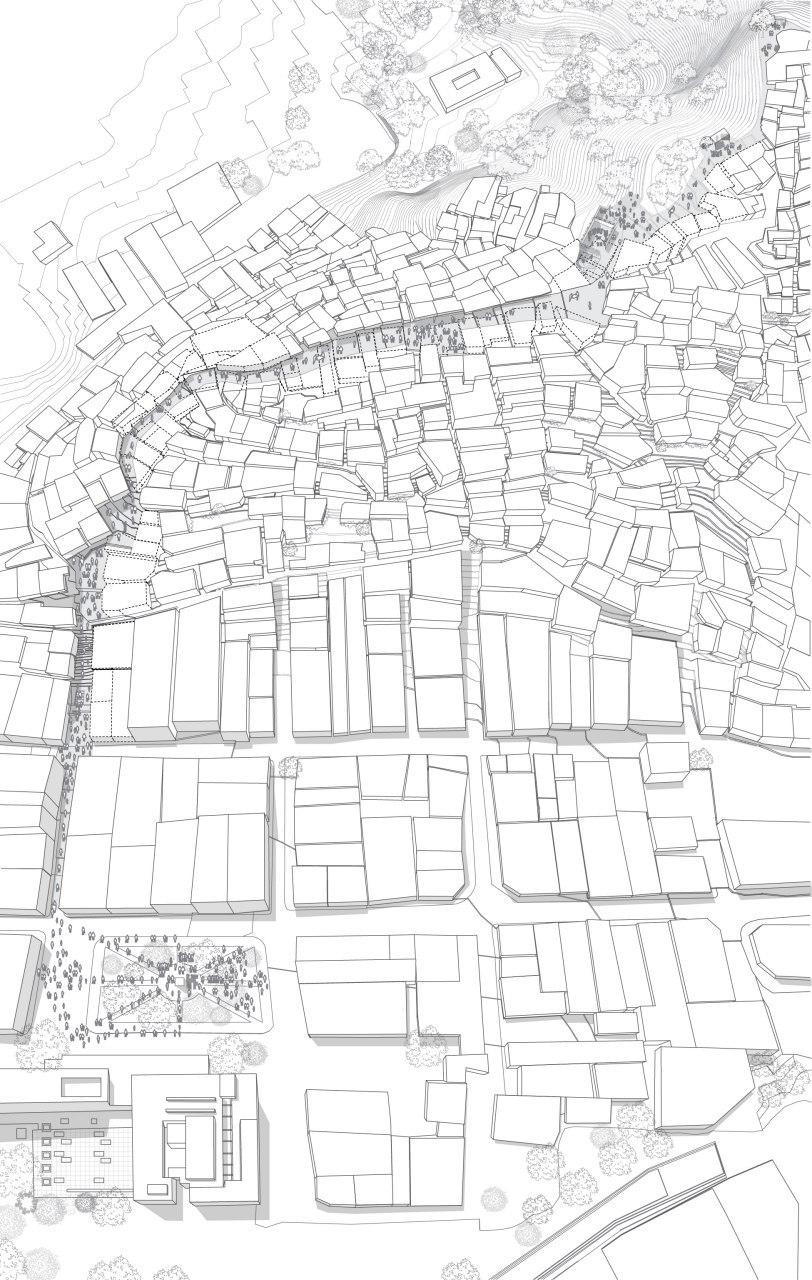
Team: Elisa Silva, Author. María Virginia Millán, Sergio Dos Santos, Verónica González, Sofía Paz, Vanesa Malpica, Valentina Caradonna, Jeniree Calderón, Eduardo Mouhtar | Photography: Enlace Arquitectura
